SUM:research
An interdisciplinary group of scholars dedicated to theory-based applied research of transitions towards sustainable mobilities and transport.
Vision
We envision a sustainable mobility and transport system that resonates with the visions and needs of stakeholders and citizens, companies and public sector institutions in providing climate-neutral, healthy, affordable, and inclusive opportunities to move and travel in Baden-Württemberg, Germany, Europe, and beyond.
Mission
By means of theory-based transdisciplinary research, we aim for social, ecological, and economic impact by research and development, by public advice, and by consulting, inspiring, and supporting those active in transitions towards sustainable mobilities and transport. A thorough understanding of societal and mobility problems and challenges, of needs and wants in local communities, neighborhoods, municipalities, in politics and policy making is key for co-designing locally and regionally embedded transformative innovation in mobilities.
Purpose
We are driven by the conviction that the transition of mobility systems towards sustainable development requires investigations beyond socio-technical systems approaches and organizational restructuration. By emphasizing sociological and other social sciences’ perspectives in mobilities research, we widen the scientific scope from inquiries into transportation systems towards considerations of the human scale, of society’s needs, lifestyles, and local and regional developments.
Team
Prof. Dr. Sven Kesselring
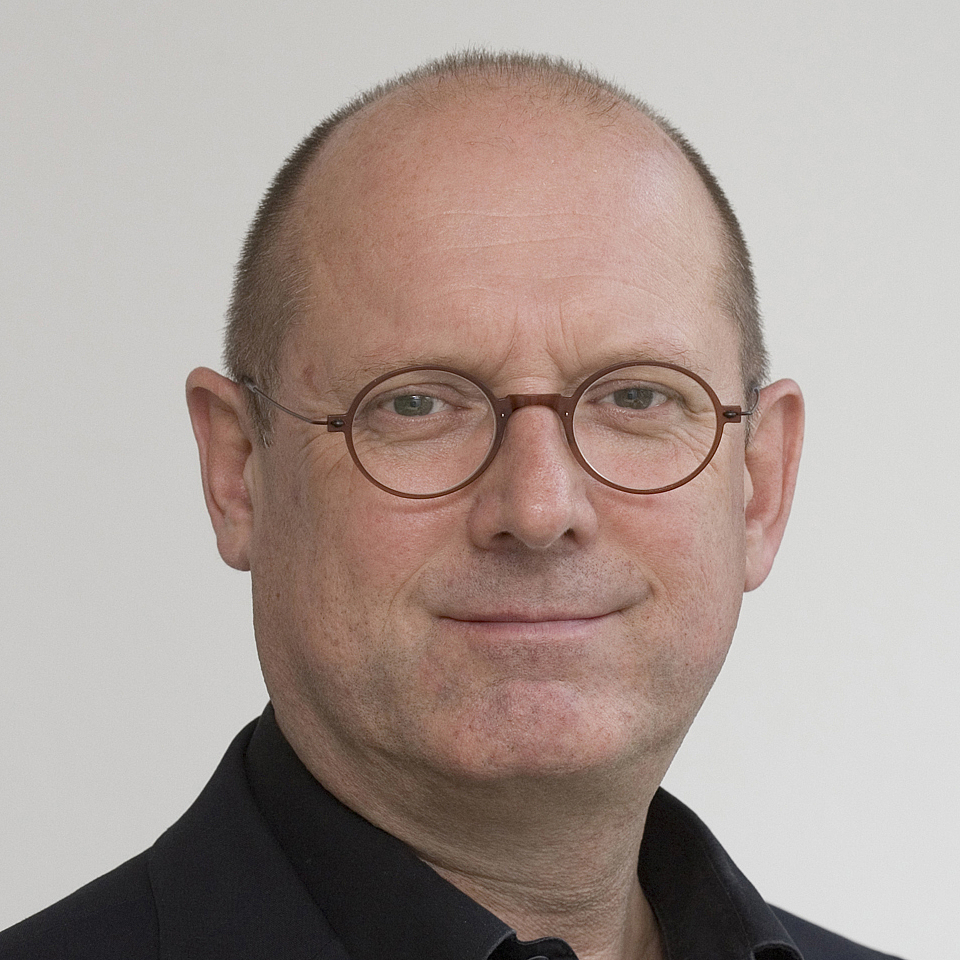
Day by day, we better understand what the mobile risk society really means to our societies, communities, and the lives of future generations. Luckily, science has much to offer for making sustainability happen. And never before in history we had so many opportunities to make the "good mobile life" a reality. We have a lot of work in front of us. But with our great team and the networks we can rely on, this is a meaningful and joyful challenge that I look forward to!
MSc Julian Bansen

How can we recognize and use existing social networks to create more equitable and sustainable mobility cultures that everyone can identify with? And what are mobility culture(s) anyway? These are the main questions I want to get to the bottom of in my work in the MobiQ living lab project and beyond.
Dr. Uwe Böhme
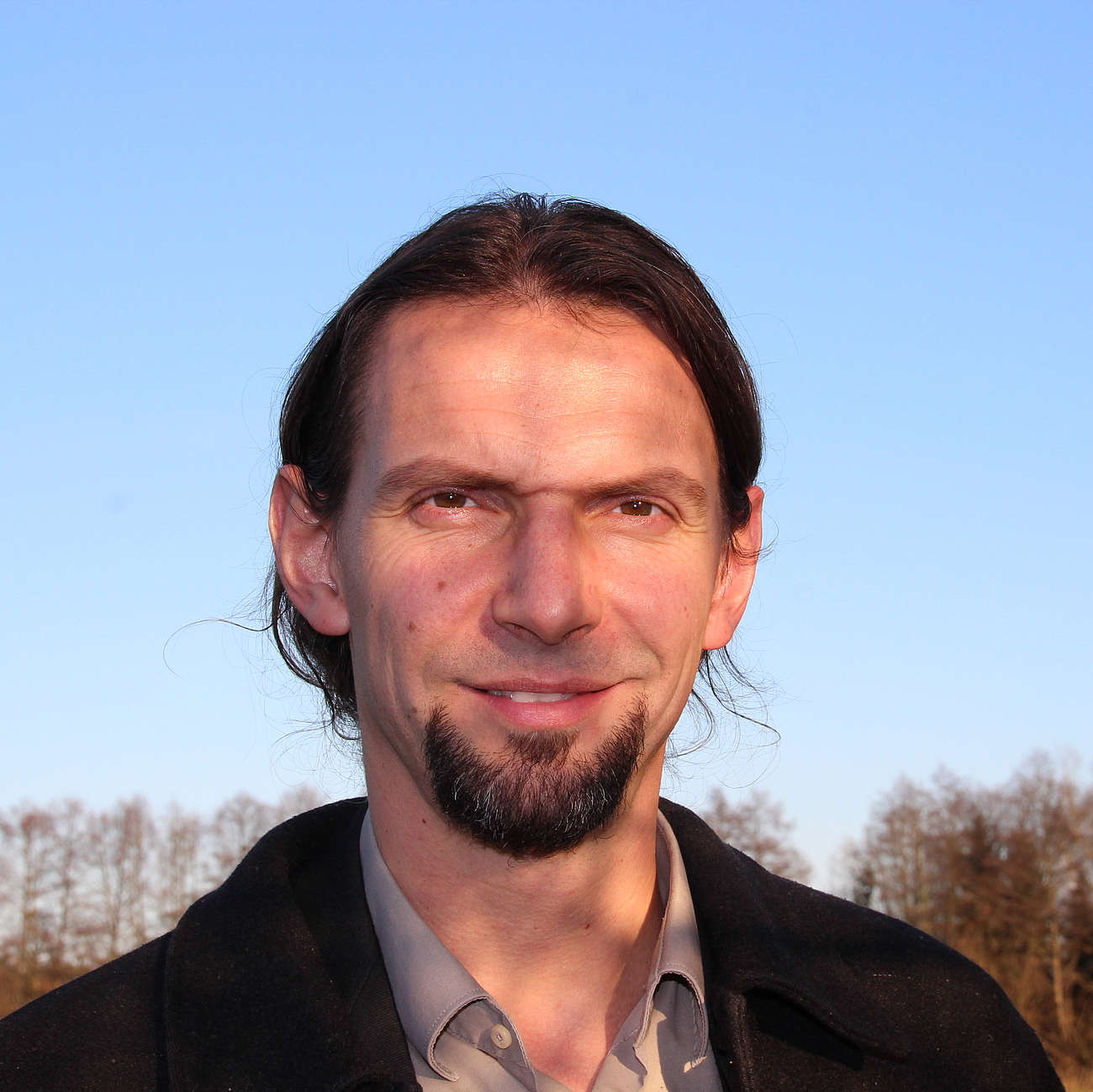
My research interest is based on the assumption that the mobility transition must be understood as a social process. Therefore we need mobility concepts that are orientated towards people's complex everyday practices. But how can these practices be organised in a sustainable way? What narrative do the concepts convey in order to generate the majorities necessary for their implementation? And what role does the civil society play in the governance system? Within the sum-research-group and projects like zimt I want to contribute to find answers to these questions.
Dr. Sophie Urmetzer
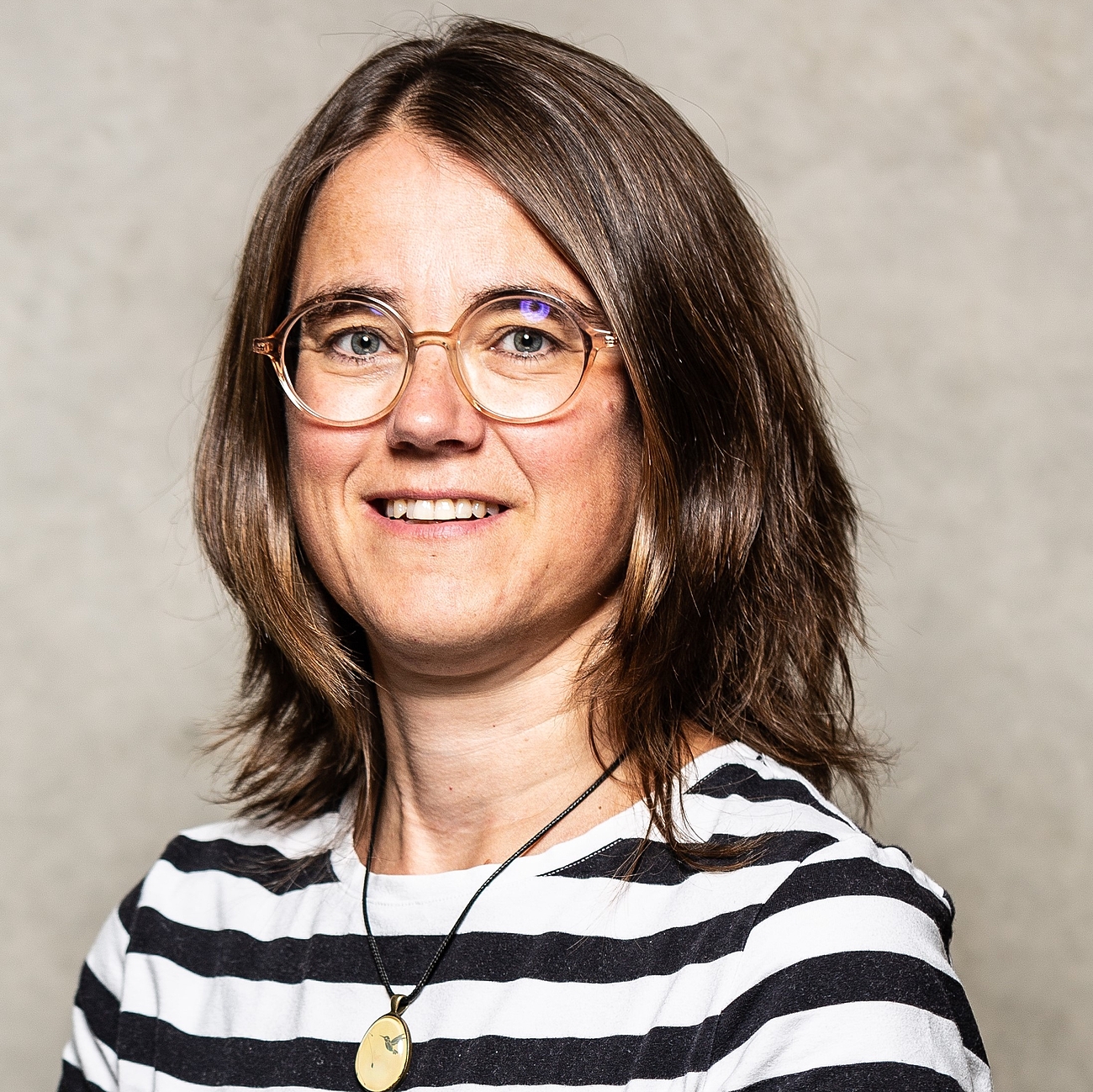
I want to unleash the creative potential of the society to contribute to sustainable, just, and impactful mobility innovations. Only by involving the citizens and other stakeholders, their knowledge, and their ideas into our research endeavors, will we be able to support the mobility transition.
Rafael Labanino

Mobility transformation is not merely a sum of changes in individual behaviour but a societal process and it must be understood and studied as such. In my previous research, I focussed on how interest groups and civil society organisations participated in policymaking in new democracies and adapted to or fought back against authoritarian governments. At SUM:research I would like to explore the role of civil society organisations (from local initiatives to national organisations) and different lobby groups in the policymaking processes for and against the change towards sustainable mobilities in Germany both at the Länder and federal levels.
Gisela Zimmermann
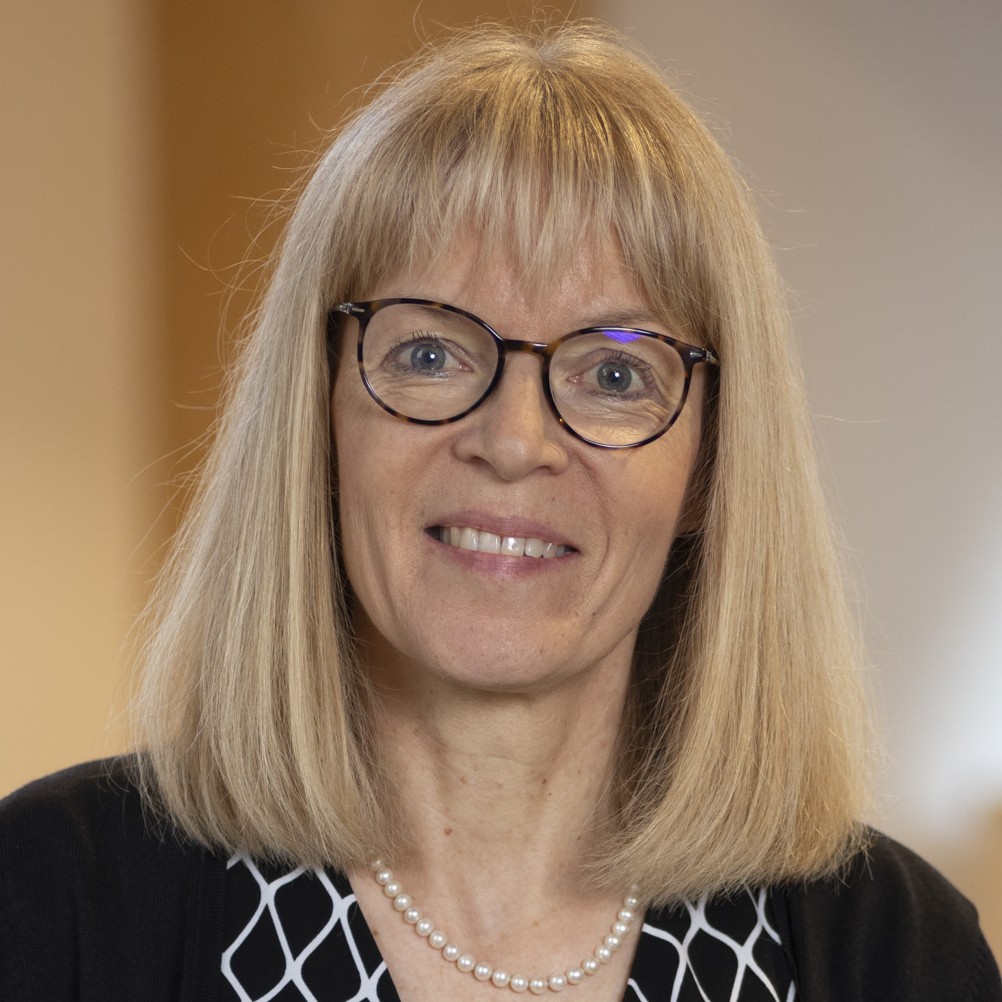
I enjoy accompanying and supporting the students of our master’s program Sustainable Mobilities from the 1st day of their studies until they graduate 4 semesters later. It’s great to see their understanding of mobility issues growing and the huge progress they make in doing mobility research and writing study papers. It’s especially interesting when our international students bring in topics from their home country and find solutions for their specific mobility challenges. I am sure that research helps all our future mobility experts to achieve the mobilities turn together – in Germany and abroad.
Current projects
Living lab MobiQ

Mobility is the prerequisite for both a viable economy and society.
Today, it is undergoing a far-reaching transformation, which, for the automotive industry poses „the most profound upheaval in its history“, according to Winfried Kretschmann.
MobiQ takes this as an opportunity to face the challenge that lasting sustainability effects in transport do not only require technological and economic transformations, but social innovations of the civil society mobility culture as well. The project addresses the upcoming social and ecological challenges in the use of different forms of mobility and contributes to making sustainable mobility possible for broad sections of society.
Publications
Hefner, Barbara; Bansen, Julian; Schreiber, Jonathan; Simon-Philipp, Christina, Kesselring, Sven; Minnich, Lukas (2024): Mobilität gemeinsam gestalten. In 10 Schritten. Geislingen an der Steige, Stuttgart, Darmstadt, Berlin. https://www.reallabor-mobiq.de/handbuch-mobilitaet-gemeinsam-gestalten/
Kesselring, Sven; Simon-Philipp, Christina; Bansen, Julian; Hefner, Barbara; Minnich, Lukas; Schreiber, Jonathan (2023): Sustainable Mobilities in the Neighborhood: Methodological Innovation for Social Change. In Sustainability 15 (4), p. 3583. DOI: 10.3390/su15043583
zimt - a network for social innovators in mobility
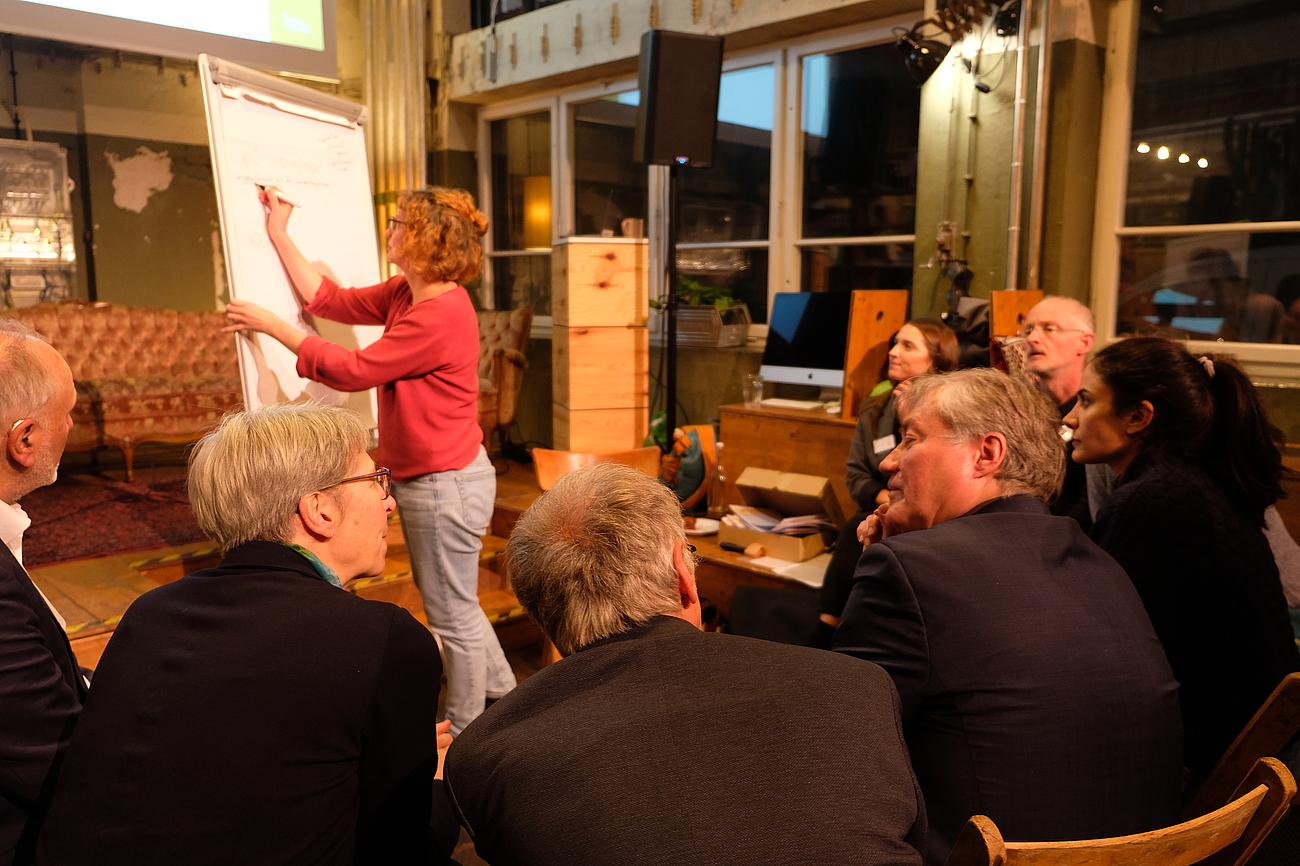
zimt is short for Zusammen für Soziale Innovationen der Mobilitätswende, which describes a network of civil society organisations, associations and multipliers engaged in the mobility transition in Baden-Württemberg. SUM:research leads this project as part of the agenda of the "think- and do-tank" BWIM (Baden-Württemberg institute for sustainable mobility). zimt has been founded in 2023 with the aim of supporting local initiatives to gain visibility, to learn from one another, and to enhance their social capital by expanding their contacts into administration, politics, and the public. From a scientific point of view, there is much to learn from the experiences and developments within this network, how initiatives form, their failures and successes, the barriers they encounter and the energy they release.
Affiliations and Networks
Climate Advisory Council of Baden-Württemberg
Prof. Sven Kesselring is member of the Climate Advisory Council. This independent and interdisciplinary committee of six scientists advises the Baden-Württemberg government regarding climate protection and climate adaptation. First and foremost, the council evaluates the State's climate measures and proposes additional efforts to help Baden-Württemberg reach its climate targets.
Baden-Württemberg Institute for Sustainable Mobility
The „Baden-Württemberg Institute for Sustainable Mobility“ (BWIM) is an institution for applied research and the transfer of academic and technical knowledge. Combining the competencies of universities from within Baden-Württemberg, including advanced training, applied research, knowledge transfer, and political consulting, the institute has a decentralized and interdisciplinary position in the mobility sector with focus on sustainability.
Cosmobilities Network
Cosmobilities is a global and interdisciplinary network of social scientists active in mobilities research. The members are united in their conviction that mobilities research is a key approach to the modernization of societies.